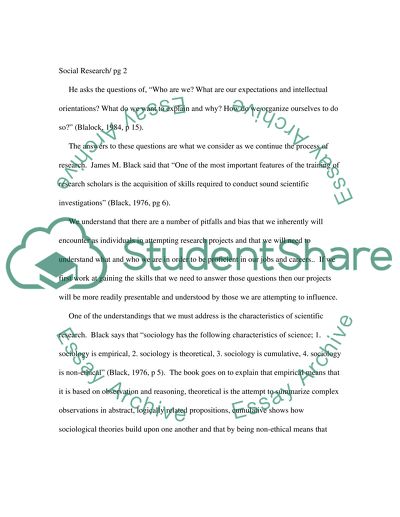Cite this document
(“Education Inquiry Essay Example | Topics and Well Written Essays - 3000 words”, n.d.)
Education Inquiry Essay Example | Topics and Well Written Essays - 3000 words. Retrieved from https://studentshare.org/miscellaneous/1506680-education-inquiry
Education Inquiry Essay Example | Topics and Well Written Essays - 3000 words. Retrieved from https://studentshare.org/miscellaneous/1506680-education-inquiry
(Education Inquiry Essay Example | Topics and Well Written Essays - 3000 Words)
Education Inquiry Essay Example | Topics and Well Written Essays - 3000 Words. https://studentshare.org/miscellaneous/1506680-education-inquiry.
Education Inquiry Essay Example | Topics and Well Written Essays - 3000 Words. https://studentshare.org/miscellaneous/1506680-education-inquiry.
“Education Inquiry Essay Example | Topics and Well Written Essays - 3000 Words”, n.d. https://studentshare.org/miscellaneous/1506680-education-inquiry.


